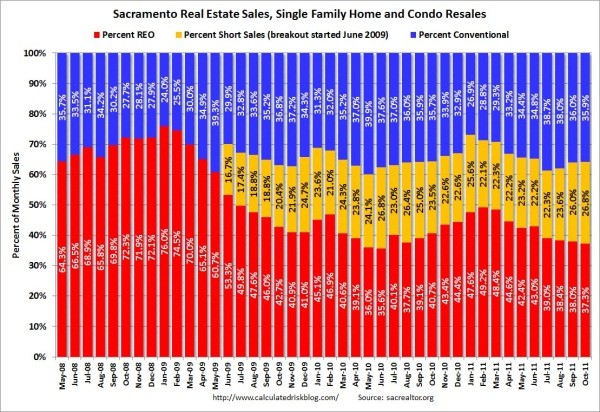Shortsale risk property flopping
Post on: 21 Май, 2015 No Comment

Mar 9, 2010
Editors note: This story has been edited to clarify that short sale properties are not owned by banks.
Industry groups representing appraisers say the Obama administrations short-sale incentive program lacks safeguards to prevent mortgage fraud, including so-called property flopping schemes in which real estate agents help investors obtain distressed properties at deflated prices.
Short sale image via Shutterstock.
In a letter to Treasury Secretary Timothy Geithner. four groups representing appraisers, including the Appraisal Institute and the American Society of Appraisers, urged the Obama administration to prohibit the use of broker price opinions (BPOs) when valuing properties eligible for the Home Affordable Foreclosures Alternatives (HAFA) short-sale incentive program.
Generally speaking, real estate agents and brokers are not independent or properly trained valuation specialists, the groups said. They have an inherent bias toward quick results and action, which produces a fee for themselves irrespective of whether the lender gets a fair return on the short sale.
The National Association of Realtors did not immediately respond to a request for comment by Inman News. While some real estate agents acknowledge that property flopping and mortgage fraud can be a problem with short sales, they say BPOs in and of themselves are not necessarily to blame.
Nathan Bangs, a Tampa Bay, Fla.-based Realtor who specializes in short sales, said that unlike an appraisal, which attempts to determine a propertys market value and can quickly become outdated in a declining market, a BPO is intended to establish what it would take to move (a property) in 30 days.
I would have the same conversation with a seller who is not in a short sale, Bangs said. You price it in front of the market.
The HAFA program guidelines issued by the Treasury Department in November include measures intended to thwart fraud. Properties must be publicized in a multiple listing service (MLS) and marketed by the listing broker.
Any short sale must represent an arms-length transaction and that the purchaser may not sell the property within 90 calendar days of closing, including certification language regarding the arms-length transaction that must be included in the sales contract, the guidelines say.
But industry groups representing appraisers cited recent studies, like a mortgage fraud risk report by Interthinx Inc. as cause for concern. The Interthinx report showed schemes involving short sales and real estate owned (also known as bank-owned or REO) properties has increased by nearly 50 percent over the past year and doubled over the past two years, the groups said.
Groups representing appraisers also pointed to a recent analysis of 18,000 property sales in two Florida counties, Sarasota and Manatee, by the Sarasota Herald Tribune, which concluded that 1.4 percent were questionable short sales.

A U.S. Treasury Department representative did not respond to requests for comment.
According to a fact sheet issued by the Treasury Department in May, lenders may use an appraisal performed in accordance with the Uniform Standards of Professional Appraisal Practice (USPAP) to determine a propertys list price and any permissible reductions, or one or more BPOs. Either way, the valuations must be dated within 120 days of the short-sale agreement.
Appraisers want the Treasury Department to prohibit the use of BPOs for property-valuation requirements involving short sales, in order to reestablish independence in the valuation process and guard against conflicts of interest in short sales.
Laws in 23 states limit real estate agents and brokers to performing BPOs only to assist buyers or sellers, the groups also noted, and lenders who sign off on short sales do not own the properties and are not buyers or sellers.
The HAFA program is aimed at borrowers who are eligible for the Home Affordable Modification Program (HAMP) but who did not qualify for or failed to complete a trial loan modification.
HAFA sets up a streamlined process and provides incentives to divert homes headed for foreclosure into a short sale or deed in lieu of foreclosure.
In addition to questions about whether the program will be able to prevent fraudulent transactions, there are also doubts about whether the incentives offered will be enough to prevent a significant number of foreclosures.
The program pays loan servicers $1,000 to cover administrative costs. Homeowners get $1,500 in relocation assistance and a promise from their lender not to pursue a deficiency judgment against them for the difference between their homes sale price and the amount outstanding on their mortgage. CONTINUED














